Optimal Timing for Lead Paint Assessments
Lead paint assessments are critical for identifying the presence of lead-based paint in residential and commercial properties, especially in older buildings. The timing of these assessments can impact their effectiveness and the safety of occupants. Conducting assessments during periods of minimal renovation activity ensures accurate results and reduces the risk of lead dust contamination.
Spring and fall are optimal times due to moderate weather, which facilitates thorough inspections and minimizes weather-related delays.
Assessments should be scheduled before renovation or remodeling projects to identify lead hazards early and prevent exposure during construction activities.
Perform assessments prior to listing a property for sale or rent to ensure compliance and inform potential buyers or tenants about lead risks.
Avoid assessments during extreme weather, such as heavy rain or snow, which can hinder inspection accuracy and safety.
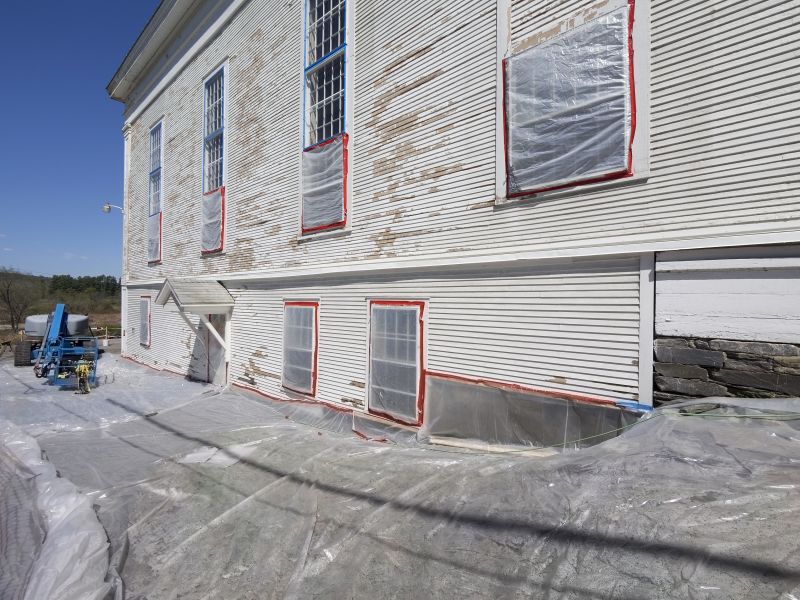
Spring offers moderate weather conditions ideal for detailed assessments of building exteriors and interiors.
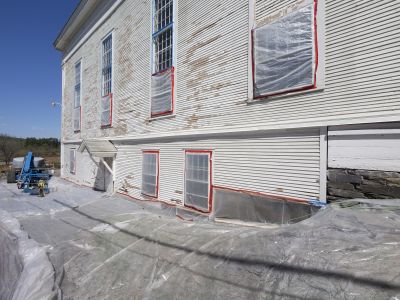
Fall provides cooler temperatures and less humidity, which can improve inspection accuracy.
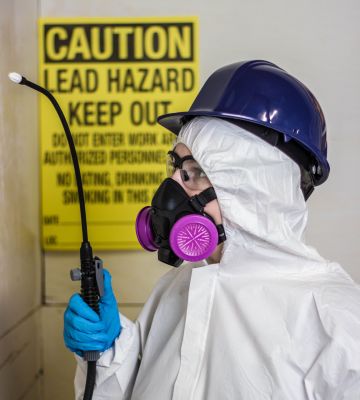
Avoid assessments during extreme weather to ensure safety and accurate results.
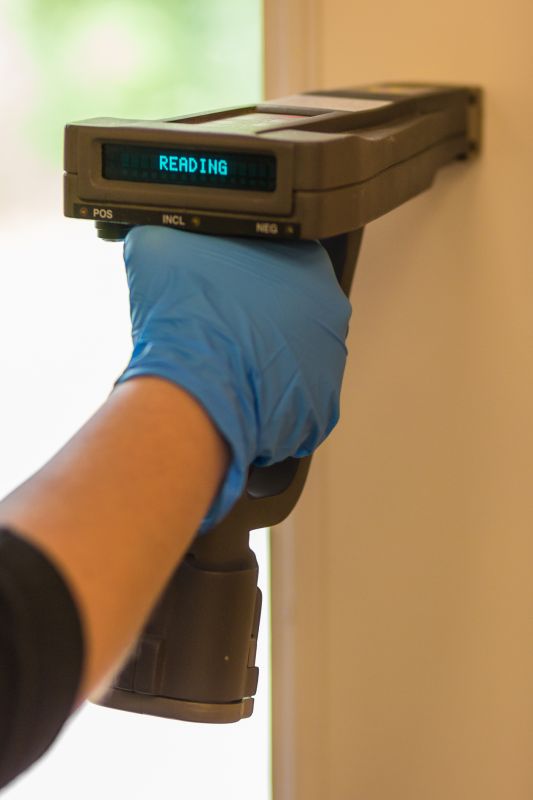
Ways to make Lead Paint Assessments work in tight or awkward layouts.

Popular materials for Lead Paint Assessments and why they hold up over time.
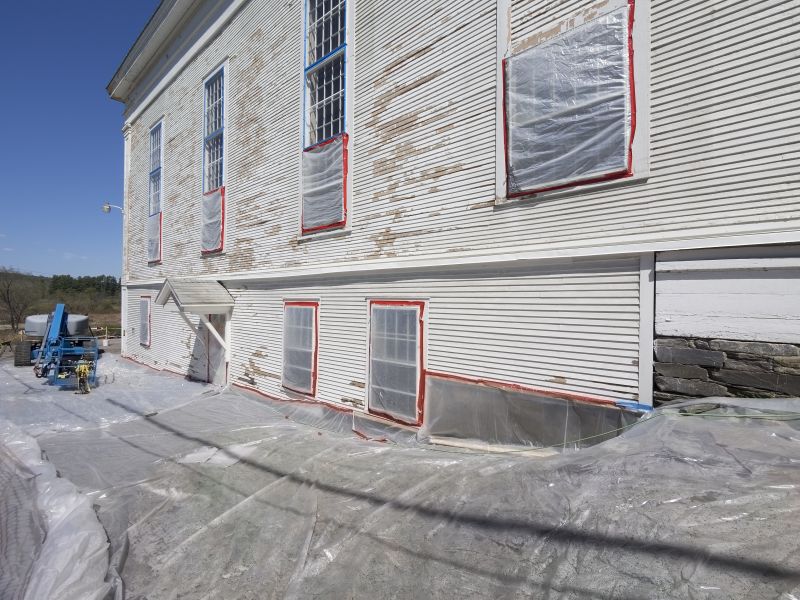
Simple add-ons that improve Lead Paint Assessments without blowing the budget.
| Season or Time Period | Recommended Timing Rationale |
|---|---|
| Spring | Moderate weather facilitates thorough inspections and exterior assessments. |
| Fall | Cooler temperatures and lower humidity improve inspection conditions. |
| Pre-Renovation | Assess before any renovation to identify lead hazards early. |
| Before Property Sale or Rental | Ensures compliance and informs stakeholders about lead risks. |
| Avoid During Extreme Weather | Heavy rain, snow, or storms can hinder accurate assessments. |
Lead paint assessments are essential for identifying potential health hazards in older buildings. Lead exposure can cause serious health issues, especially in children and pregnant women. The U.S. Consumer Product Safety Commission recommends testing for lead-based paint in homes built before 1978. Accurate assessments involve detailed inspections and, if necessary, laboratory testing of paint samples to determine lead content. Proper timing ensures the assessment's reliability and minimizes disruption to occupants.
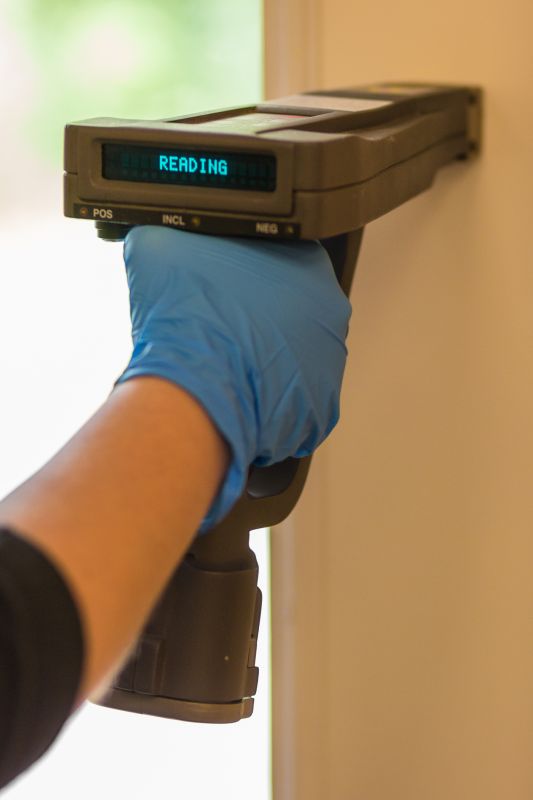
Professional assessments include visual inspections and sampling to detect lead hazards.

Samples are collected carefully to ensure accurate laboratory analysis.

Identifying lead hazards helps in planning safe removal or encapsulation strategies.
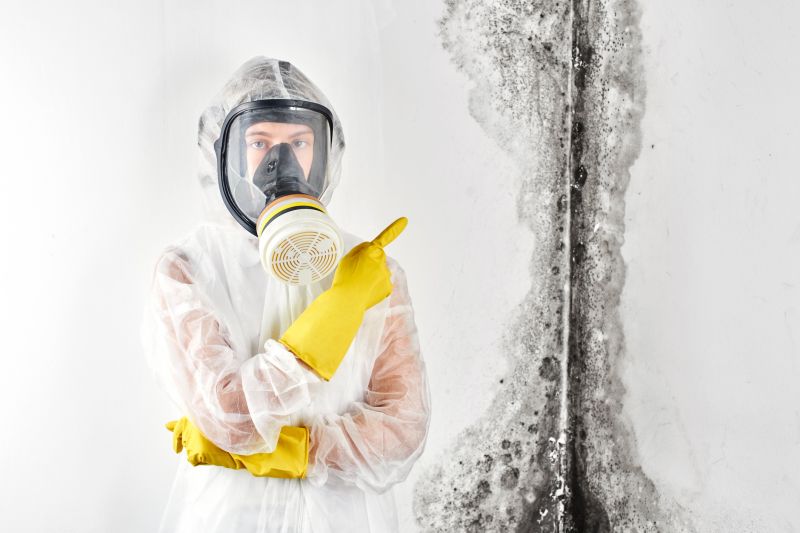
Inspectors use specialized gear to prevent exposure during assessments.

High-end options that actually feel worth it for Lead Paint Assessments.

Finishes and colors that play nicely with Lead Paint Assessments.
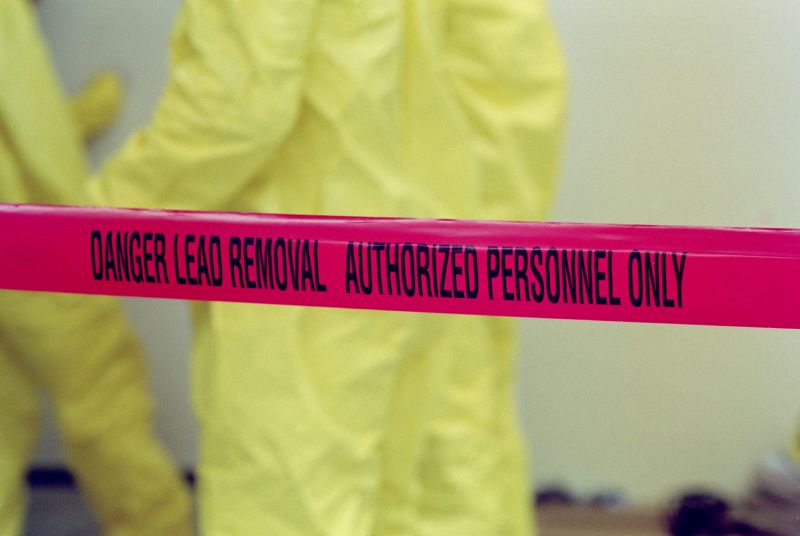
Little measurements that prevent headaches on Lead Paint Assessments day.
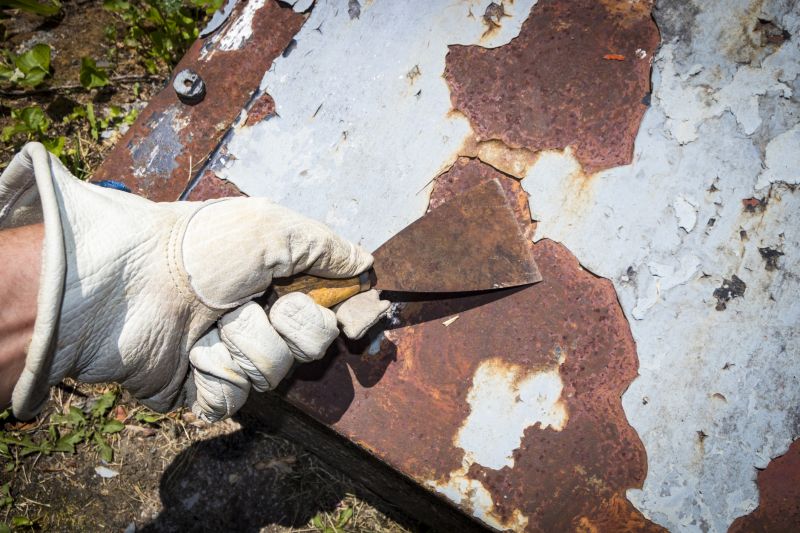
A 60-second routine that keeps Lead Paint Assessments looking new.
Scheduling lead paint assessments at appropriate times enhances their accuracy and safety. Early detection allows property owners and managers to plan necessary remediation measures, reducing health risks and ensuring compliance with regulations. Regular assessments are recommended for properties with a history of lead-based paint, especially before major renovations or occupancy changes.
Proper timing ensures accurate results and minimizes occupant exposure during inspections.
Weather conditions can influence the thoroughness and safety of assessments.
Assessments before renovation help identify hazards early and prevent lead dust spread.
Timely assessments support compliance with lead hazard control regulations.
Interested in scheduling a lead paint assessment? Filling out the contact form provides an opportunity to discuss timing options and receive professional guidance tailored to specific property needs. Early planning can help ensure safety and compliance for any upcoming property projects.
